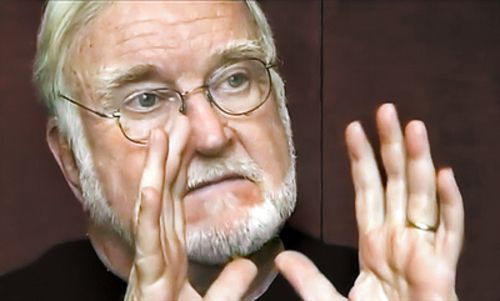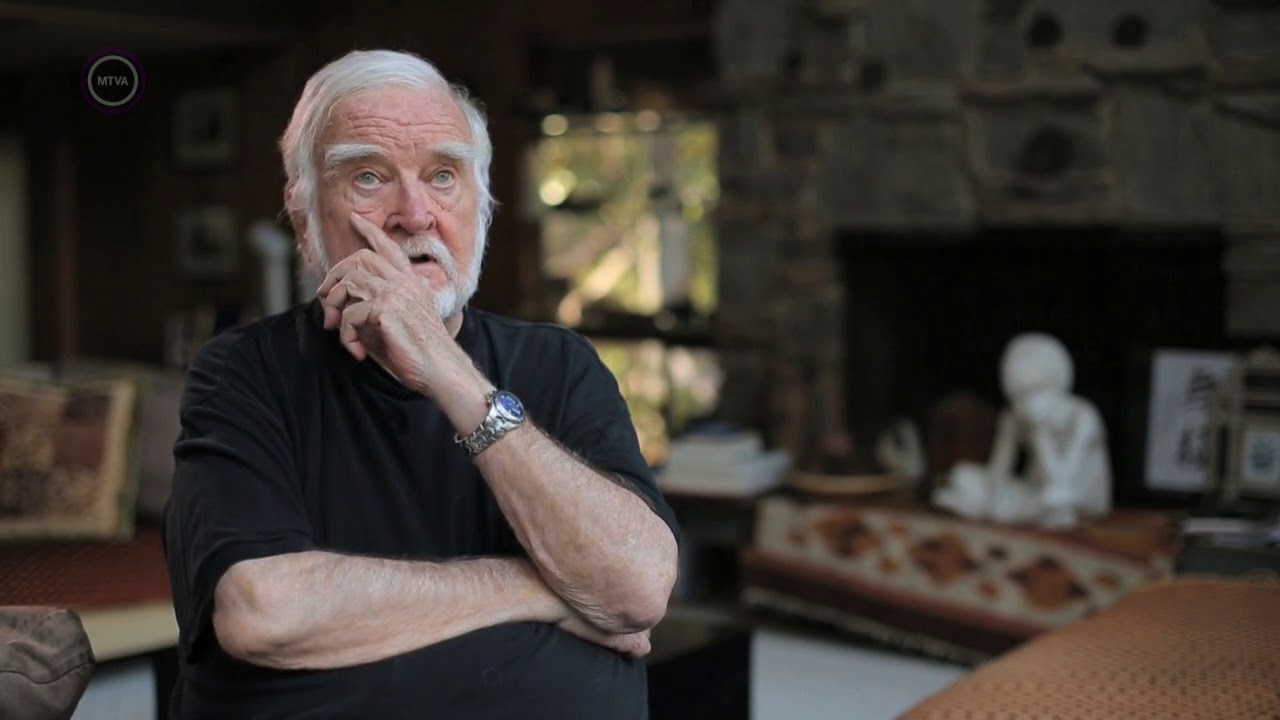
The usual working techniques, willpower, discipline, planning, visioning, grit, are not everything we need to get unstuck and creative. There is something more. An uncommon but not rare inner experience puts us well along the path to where we want to be and what we want to do. Dr. Mihaly Csíkszentmihályi called this Flow.
What is Flow?
Flow is an inner state of attention combined with positive emotion that comes from and deepens our engagement with what we are working on in the moment. Flow comes to those who are prepared. People who have devoted much time developing and using their skills and have poured their heart into their work tend to find Flow. All sorts of creatives, as well as others, such as athletes and performers, experience flow. The frequency varies: some have very infrequent encounters and others are in Flow fairly regularly.
What does Flow feel like?
For decades, Dr. Csíkszentmihályi, an early discoverer and principal researcher on Flow, interviewed many people across various fields. He asked each about their inner experience with Flow. From these interviews and surveys, he formed this list of these main attributes of the Flow experience:
- Completely involved with what we are doing. Intense and focused concentration on the present moment.
- A sense of being outside everyday reality.
- Great inner clarity: a knowing of what needs to be done, and how well we are doing it.
- Knowing that the activity is doable and that our skills are adequate to the task.
- A loss of reflective self-consciousness that brings about a sense of serenity.
- A feeling of growing beyond he boundaries of the ego.
- A sense of personal control or agency over the situation or activity.
- Timelessness, thoroughly focused on the present, hours seem to past by like minutes.
- Intrinsic motivation: experience of the activity as intrinsically rewarding with limited concern about outcome of the work.
We are just beginning to know of and understand more about Flow. Unfortunately, Dr. Csíkszentmihályi passed away last month (October 2021). Although the door to further contributions from the ‘grandfather of Flow” is closed, he did leave us true gifts, his writing, and presentations in academic circles and the general media. An example of this comes directly from Dr. Csíkszentmihályi in this video:
What happens to someone who lives from Flow?
Dr. Csíkszentmihályi saw a particular personality or character type that emerges from a person who has Flow experiences often enough.
“An autotelic person needs few material possessions and little entertainment, comfort, power, or fame because so much of what he or she does is already rewarding. Because such persons experience Flow in work, in family life, when interacting with people, when eating, even when alone with nothing to do, they depend less on external rewards that keep others motivated to go on with a life of routines. They are more autonomous and independent because they cannot be as easily manipulated with threats or rewards from the outside. At the same time, they are more involved with everything around them because they are fully immersed in the current of life.”
Mihaly Csikszentmihalyi, Finding Flow: The Psychology of Engagement with Everyday Life; 1997, p.117,
Can a Stuck Creative find Flow?
Of course, but we have to get somewhere first. We have to be find our way and energy to show up and dig in every day. After showing up is something we do and value, we must learn to put ourselves more fully into our work session. Flow can and does seep in. We have to pay our dues to get and grow to get our Flow wings.
Related to Flow; see my discussion in my videos:
Stages of Change of the Creative
Unleash Your Creative Instincts
Also see:
Csikszentmihalyi, Mihaly (1990). Flow: The Psychology of Optimal Experience. New York: Harper and Row. ISBN 0-06-092043-2
Csikszentmihalyi, Mihaly (1998). Finding Flow: The Psychology of Engagement With Everyday Life. Basic Books. ISBN 0-465-02411-4
